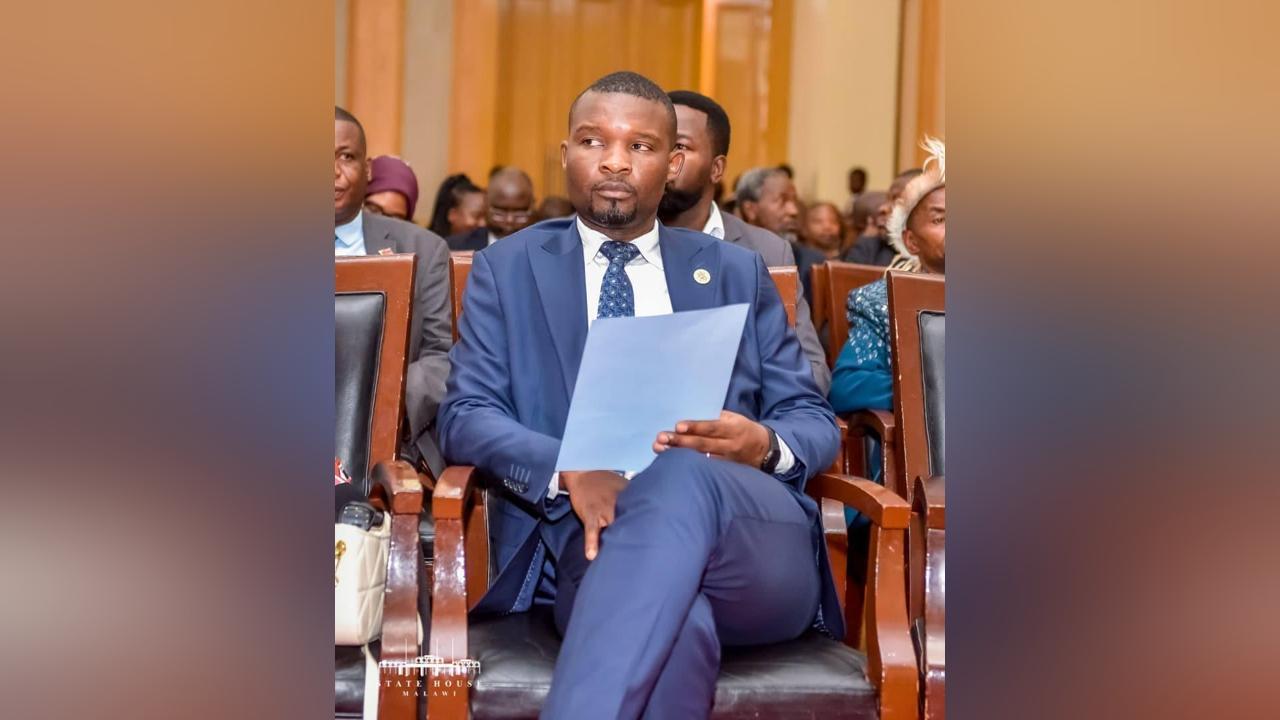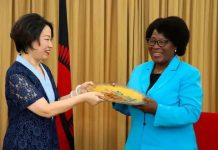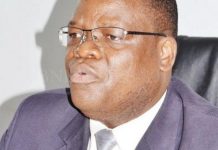Africa-Press – Malawi. Sometimes politics is loud, messy and emotional. But every now and then, behind the noise, there is a human feeling that deserves to be heard before we rush to condemn. That is how I believe we should look at Alfred Gangata’s remarks.
Yes, his words were strong. Yes, they shook the government and surprised many. But underneath that fire is a feeling that many Malawians — especially those who campaigned, sacrificed and hoped — quietly share: the fear of being forgotten.
Gangata spoke out of frustration born from a simple question that ordinary party supporters ask every election cycle: “Did my sweat matter?”
For months, people travel, sing, mobilise, defend, and take risks for their party. They give their time. Some give their money. Some even lose friendships. And when the victory celebrations end, they watch new faces — people they never saw on the campaign trail — appear in top public offices. It feels like watching a stranger walk away with the reward you worked for.
Is that feeling right? Maybe not. But is it human? Absolutely.
Gangata’s cry is not just about who gets appointed. It is about the silent pain of those who believe they helped build a house, only to be left standing outside when the doors are locked. When he questioned appointments and beneficiary lists, he was speaking for people at the grassroots who fear they have no voice in the system they helped put in power.
At the same time, the country is in deep crisis. Millions of Malawians are hungry. Relief maize is scarce. Chiefs are under pressure. Government is short of money. In such a situation, even rumours — that certain groups are favoured over others — can quickly turn into fear, anger and disappointment. Gangata stepped into that emotional space.
This does not justify harsh language. But it does explain the heart behind it.
What he is asking for is fairness — not just fairness in food distribution, but fairness in the political family he belongs to. He is calling for honesty within the party and transparency in how opportunities and public roles are shared. He wants the people who sacrificed to feel seen. He wants the system to remember its foot soldiers.
These are not evil wishes. These are not selfish desires. These are the worries of someone who knows how broken our political culture can be, and who fears that the same old patterns are returning.
We must also remember that Gangata spoke at a rally. Rallies are emotional spaces. They are places where leaders are expected to speak as champions of their supporters, not as calm technocrats reading from a policy brief. In such a space, words carry the weight of the crowd’s frustration. They carry the expectations of people who feel left behind. They carry the pulse of the grassroots.
Instead of dismissing him, perhaps we can take this moment to reflect on the deeper issues his words reveal:
Why do ordinary supporters feel so neglected after every election?
Why do rumours of unfair food distribution spread so easily?
Why do appointments often feel disconnected from the people who fought for the victory?
Why does the political system struggle to balance professionalism and loyalty?
These are real questions, and Gangata simply said them out loud.
In the end, Malawi needs unity, fairness and compassion — especially when hunger threatens millions. But unity is not achieved by silencing pain. It is achieved by listening to it. Gangata’s tone may have been rough, but the fears behind his voice are real. And sometimes, understanding those fears is the first step to healing them.
Before we judge him, let us at least hear him.
For More News And Analysis About Malawi Follow Africa-Press






